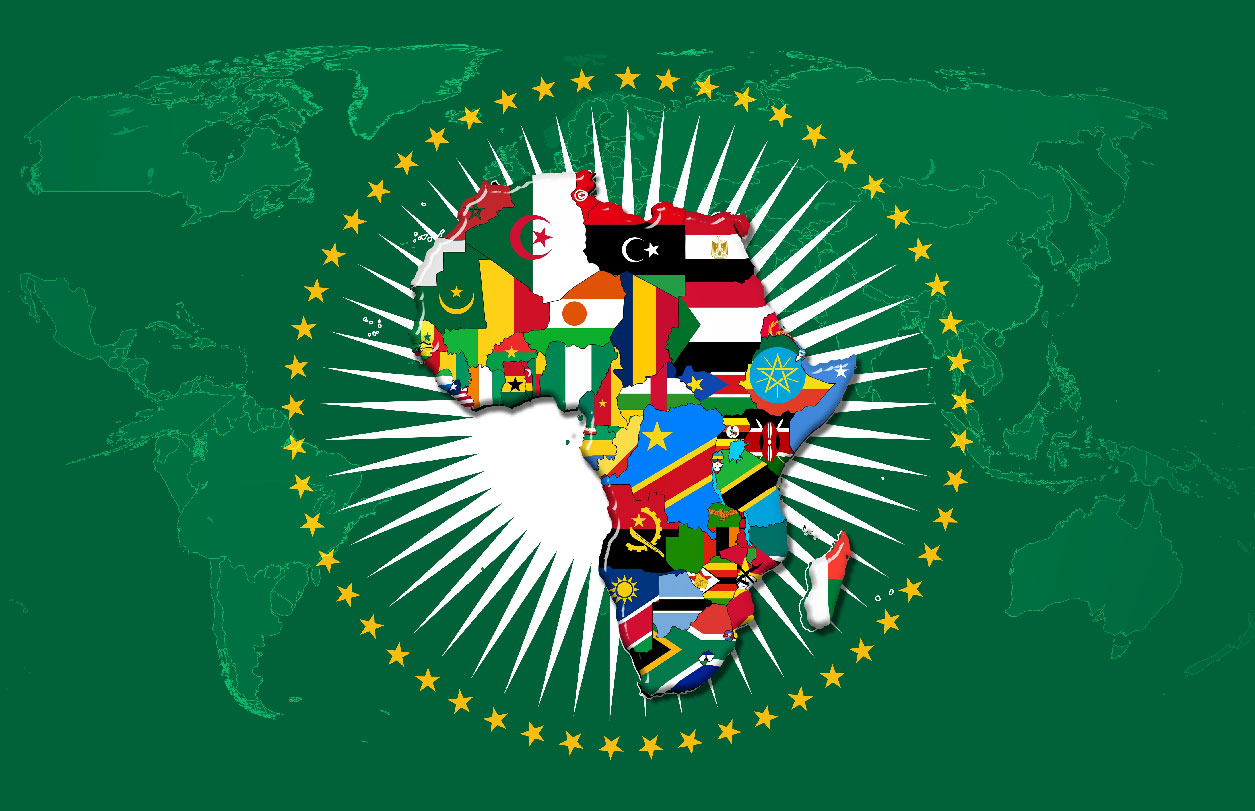African states are increasingly asserting themselves on the global stage through more nuanced and strategic foreign policies that leverage competition among major powers. This shift is exemplified by the recent expansion of BRICS to include African countries like Ethiopia and Egypt, underscoring a trend toward enhanced South-South collaboration. These moves reflect Africa’s desire to diversify alliances, reduce dependency on traditional Western powers, and seek more advantageous positions in global geopolitics and trade.
The inclusion of Ethiopia and Egypt into BRICS—the bloc originally composed of Brazil, Russia, India, China, and South Africa—signals an important transformation in global power dynamics. BRICS now represents a quarter of the world’s GDP and includes some of the most energy-rich nations. This expanded coalition offers African states a platform to assert greater economic and geopolitical influence. It also implies a potential push for currency reforms to reduce reliance on the US dollar, a longstanding pillar of the global trade system dominated by Western powers. For African countries, this is both a strategic hedge against dollar dependency and an expression of their growing agency in shaping a more multipolar international order.
At the same time, uncertainty surrounding the renewal of the African Growth and Opportunity Act (AGOA), which the US established to enhance trade access for African exports, has generated significant anxiety among African policymakers and exporters. AGOA, set to expire in September 2025, has been crucial in facilitating the export of textiles, agriculture, and automotive products to the US market. However, concerns about rising American protectionism, especially under prior administrations like that of Donald Trump, have cast doubt on the future of this trade preference. The possible expiration or non-renewal of AGOA threatens to disrupt African export sectors that heavily rely on access to the US market, potentially undermining economic growth and job creation in these industries.
In response to these global trade uncertainties and geopolitical shifts, African leaders are intensifying efforts to strengthen regional trade agreements such as the African Continental Free Trade Area (AfCFTA) and various Regional Economic Communities (RECs). By bolstering intra-African trade and economic integration, African states aim to create a more resilient and less externally dependent trading bloc. This regional consolidation enhances collective bargaining power, mitigating vulnerability to external shocks and unilateral trade policy changes from major powers.
Furthermore, African nations are enhancing their economic and diplomatic ties with Europe, seeking to diversify partnerships beyond traditional alliances with the US or emerging ties with China and Russia. Engaging with Europe offers opportunities to stabilize trade relations and access markets less prone to abrupt protectionist shifts.
These diplomatic maneuvers reflect a carefully calibrated foreign policy approach based on “strategic ambiguity,” where African states avoid exclusive alignment with any single power while engaging cooperatively on specific issues such as counterterrorism with the US, infrastructure with China, climate action with the EU, and food security with Gulf states. This approach helps African countries optimize benefits from multiple partnerships without surrendering sovereignty or becoming overly dependent on any one power.
This assertiveness also corresponds with Africa’s growing geopolitical importance at the global level. The continent’s vast natural resources, demographic growth (expected to surpass 1.7 billion by the end of 2025), and strategic geographic position—including energy reserves and critical chokepoints—have attracted intense interest from global powers including the US, China, Russia, and others. Unlike past eras when Africa was largely a passive arena for external influence, today African states actively leverage foreign investments and diplomacy to pursue their own development objectives and political goals.
However, this growing strategic significance also raises concerns about the risk of proxy conflicts and instability, as rival powers compete for influence through military, economic, and diplomatic means.
Russia’s presence in Africa, particularly in security and resource extraction sectors, exemplifies the complexity of these geopolitics. While Russia has strengthened military and economic ties with several African nations, it also raises concerns about replicating Cold War-era dependencies under new guises. Similarly, China’s dominant economic influence within BRICS presents both opportunities and challenges for African autonomy. African leaders face the challenge of navigating these competing interests with clarity, transparency, and a focus on mutually beneficial outcomes to avoid falling into new cycles of dependency.
Ultimately, African states’ pursuit of an assertive foreign policy—reflected in BRICS participation, regional trade consolidation, and diversified diplomatic ties—embodies a strategic effort to reshape their role in the evolving global order. By balancing relationships among great powers and building robust economic partnerships regionally and internationally, Africa is positioning itself not merely as a resource supplier or aid recipient but as an influential actor shaping the twenty-first-century geopolitical and trade landscape.
This evolving geopolitical landscape also underscores the urgency for the US and other traditional partners to engage with Africa on African terms, recognizing the continent’s growing agency and diverse interests rather than imposing rigid or unilateral frameworks. For African countries, the coming years will require deft negotiation skills and resilient economic strategies to ensure that their rising global profile translates into tangible development gains and strengthened sovereignty.
In summary,
the intersection of geopolitics and international trade policy in Africa is characterized by a more assertive African stance leveraging major-power competition, uncertainty over traditional trade preferences like AGOA, and a pivot toward regional integration and diversified partnerships. This multifaceted approach aims to enhance Africa’s global leverage, reduce external vulnerabilities, and create a more equitable and multipolar world order.

